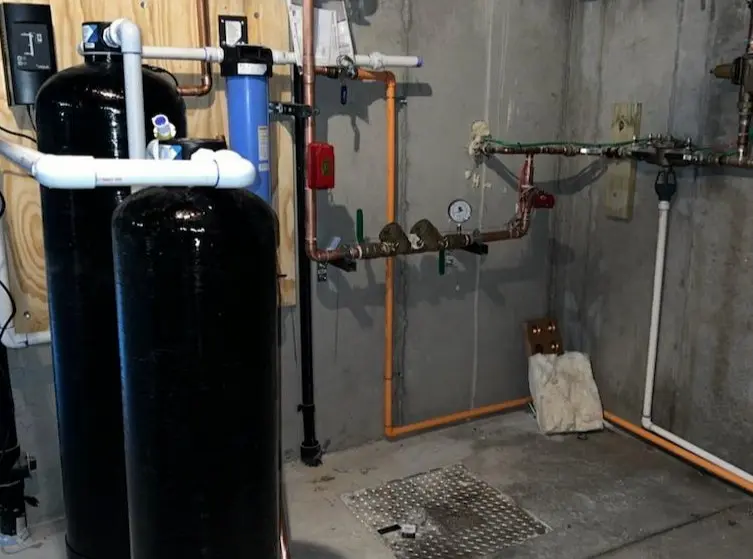Every winter, we’re told to keep our faucets trickling overnight to prevent the pipes in our homes from bursting, but does this one thing alone shield our pipes from potential danger? Not exactly.
While letting your faucets drip overnight can be a good preventative measure, it won’t always stop your pipes from bursting in freezing weather, especially in Denver. Fortunately, there are several steps you can take to prevent your pipes from bursting, but if all else fails, don’t hesitate to call a plumber out to help!
Why Pipes Burst During Freezing Temperatures
Have you ever put a soda in the freezer to chill, forgotten about it, and later come to a rather messy scene because the can exploded? This happens because water expands when it freezes, and that is what happens to the water in your pipes in the wintertime if preventative measures aren’t taken.
Sometimes the expansion of water only causes cracks, but these cracks can quickly turn into a burst, especially if the pipes are weak or old. This problem can be further exacerbated if the water pressure is too high or excessive.
Tips to Prevent Bursting
There are several steps you can take to prevent your pipes from freezing during Denver’s freezing winters. Letting your faucets run overnight is just one of the many precautions you can take, with others including:
- Keep your thermostat at 65 degrees or above. Freezing temperatures indoors increase the risk of your pipes freezing and bursting.
- Insulate your pipes and other parts of your home. Insulating your pipes and other areas of your home (such as the attic, basement, or garage) may greatly reduce the chances of frozen pipes.
- Install smart technology in your home, such as smart thermostats or water leak detection systems.
- Keep your garage closed and cabinets open. Keeping your garage closed keeps out freezing temperatures, while keeping your cabinets open helps to circulate warm air throughout your kitchen or bathrooms.
- Replace old pipes. Old and/or corroded pipes have a higher chance of bursting in cold weather.
What to Do if a Pipe Freezes
If all else fails or you forget to take preventative measures in cold weather, there are still ways you can salvage your pipes, provided they haven’t burst yet.
If a pipe freezes:
- Shut off the water supply. Not shutting off the water supply before attempting to thaw the pipes can lead to further damage.
- Apply heat to the pipes. It’s important not to apply too much heat at once, so use something like a hairdryer or space heater, but do not leave the heat source unattended.
- Slowly turn the water back on once the pipes are thawed. Too much pressure at once may cause further damage to the pipes, especially if there are any cracks created by the freezing temperatures.
- Call a plumber. If you’re afraid of causing further damage, need help thawing pipes, or notice cracks on frozen pipes, calling a plumber might be your best option.
How Professional Plumbers Can Help
If your pipes are damaged or you’re not confident you can thaw your pipes on your own, a plumber can help fix, thaw, or replace your pipes for you. Here at Copperhead Plumbing, we strive to provide the best service possible, such as leak detection, pressure regulation, and insulation services to ensure your pipes are prepared for the winter weather in Denver, Colorado and the surrounding area.
Frozen pipes are often a big concern during wintertime, but knowing what to do to protect and/or thaw your pipes can help relieve a lot of that worry. Remember to let your faucts leak overnight, insulate your pipes and other areas of your home, and do what you can if your pipes happen to freeze; if all else fails or you’re not sure how to do one or more of the listed tipes, call us at Copperhead Plumbing today.


0 Comments